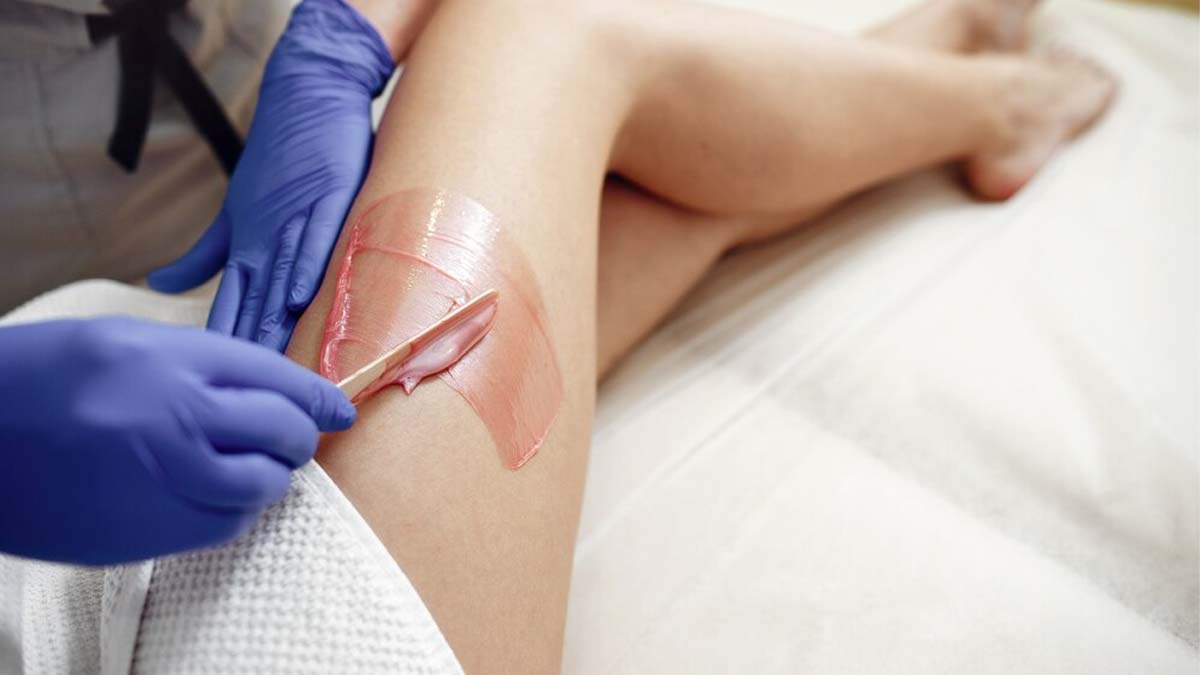
Human body hair is an essential tool that protects the skin from myriad infections, excessive heat, and environmental stressors. However, excessive body hair can lead to various skin problems that affect not only our physical health but also our self-esteem. But before you tread down the path of hair removal, a study led by Monash University highlighted the importance of a thorough medical evaluation and awareness to rule out any underlying health conditions that may be causing your excessive body hair.
Table of Content:-
Excessive Body Hair and Skin Diseases

Excessive body hair is a source of great pain for people across the world. It can be embarrassing as societal beauty standards do not stand for people with too much body hair, or body hair in places that it's considered unappealing. However, beyond the aesthetic appeal of a hairless body, excessive body hair can also contribute to health issues:
- Excessive body hair can trap heat and moisture, leading to increased sweating, which creates a breeding ground for bacteria that can potentially cause skin infections.
- Thick, curly hair can often grow back into the skin, post-shaving or waxing, causing painful and unsightly ingrown hairs. These can lead to further inflammation and potential infection.
- Excessive facial hair in women, known as hirsutism, can exacerbate acne and pimple breakouts due to the increased sebum production.
- Thick hair can make it difficult for the skin to breathe, promoting the growth of fungi which cause conditions such as ringworm.
- The friction between excessive body hair and clothing can cause constant irritation and itching, leading to skin conditions like dermatitis.
Also Read: Is Laser Hair Removal Safe For Diabetics? Doctor Explains Risks & Precautions
Managing Excessive Body Hair and Skin Diseases

While hair removal methods like shaving, waxing, and laser hair removal are no-brainer options, not all skin types or cultures allow for a seamless procedure of hair removal. If that is your case, then you can try the following methods:
- Maintain a good skincare routine to prevent skin issues. Use mild cleansers and exfoliate regularly to prevent ingrown hairs.
- Keep your skin well-moisturised to reduce friction and irritation caused by excessive body hair.
- Use antiperspirants, especially in areas prone to excessive sweating.
- In cases of hirsutism caused by hormonal imbalances, consult a healthcare provider for medication or hormonal therapy.
- If you notice skin problems related to excessive body hair, consult a dermatologist promptly. They can provide tailored treatments and advice.
- Maintain a healthy lifestyle with a balanced diet and regular exercise, as this can help manage hormonal imbalances and reduce excessive body hair growth.
Also Read: Get Rid Of Unwanted Facial Hair With These DIY Facial Hair Removal Masks
To sum it up, excessive body hair can indeed lead to serious skin diseases and discomfort. However, with the right approach to hair removal and skincare, along with professional guidance when necessary, you can effectively manage this issue and maintain healthy, radiant skin. Remember, your dermatologist is your best ally in the fight against skin problems related to excessive body hair. So do not delay your skin consultations as it can possibly save you from grave dangers that might manifest in the long run.
Also watch this video
How we keep this article up to date:
We work with experts and keep a close eye on the latest in health and wellness. Whenever there is a new research or helpful information, we update our articles with accurate and useful advice.
Current Version
